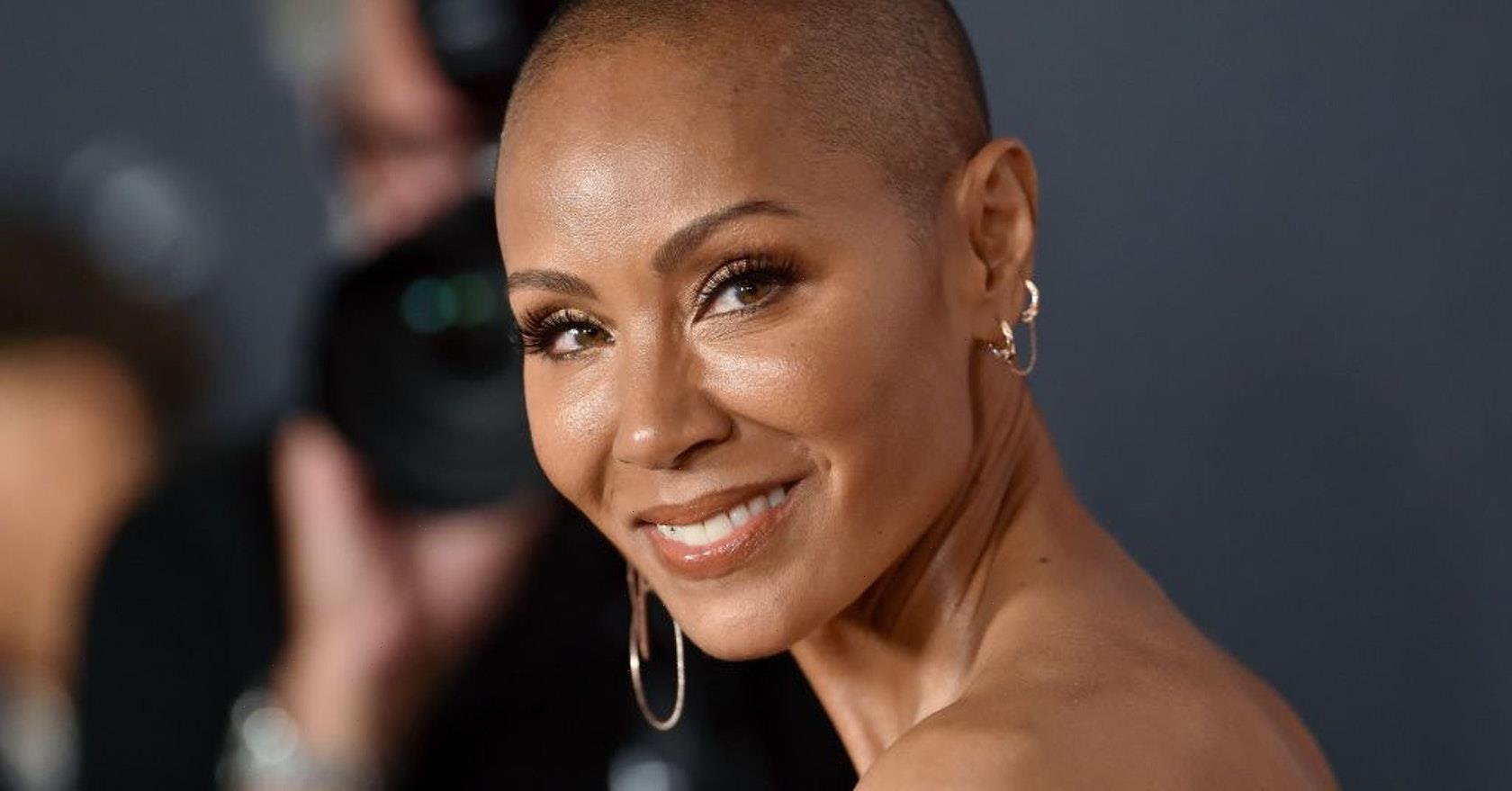The State Department on Wednesday will announce the appointment of two veteran government officials to lead the Biden administration's efforts to improve conditions for Afghan women and girls almost four months after the U.S. withdrawal, NBC News has learned.
The United Nations and other international agencies report that women and girls in Afghanistan are increasingly bearing the brunt of the humanitarian crisis after U.S. military forces left in August after nearly two decades of conflict.
Secretary of State Antony Blinken is expected to appoint Rina Amiri as special envoy for Afghan women, girls and human rights. Amiri was a senior adviser to the U.S. special representative for Afghanistan and Pakistan during the Obama administration. She was also a member of the U.N. secretary general’s political team in Afghanistan.
Blinken will also appoint Stephenie Foster, another State Department veteran, as senior adviser for women and girls issues as part of the agency's team for Afghan relocation efforts.
The International Rescue Committee ranked Afghanistan last out of 170 countries on women’s rights. According to the U.N., since the U.S. withdrawal and the Taliban takeover, women and girls have faced even greater obstacles in getting educations, working or participating in society.
“As more and more Afghans struggle to meet their basic needs, people in vulnerable situations — notably women-headed households with children — are being pushed to take desperate measures, including child labor, the marriage of children to ensure their survival, and — according to some reports — even the sale of children,” Nada Al-Nashif, the U.N. deputy high commissioner for human rights, said this month.
“This situation is compounded by the impact of sanctions and the freezing of state assets,” she said.
The Biden administration is under growing pressure from international relief agencies to accede to Taliban demands to unfreeze more than $9 billion in assets controlled by the U.S.
The U.S. and its allies, however, are demanding constitutional protections for Afghan women and other guarantees before they recognize the Taliban as a legitimate government and release the funds. The administration recently allowed international aid groups and nonprofit organizations to obtain funds for Afghanistan while keeping U.S. sanctions in place.
The Taliban issued a decree Dec. 3 requiring the consent of women for marriage, but the U.N. said the decree did not include a minimum age for wives or wider rights to education, employment or freedom of movement for women and girls.
According to UNICEF, girls are 60 percent of the 4.2 million Afghan children who are not enrolled in school. The discrepancy is particularly pronounced in secondary schools because of a shortage of female teachers and requirements in many provinces that girls may be taught only by women, UNICEF said.
Source: Read Full Article
